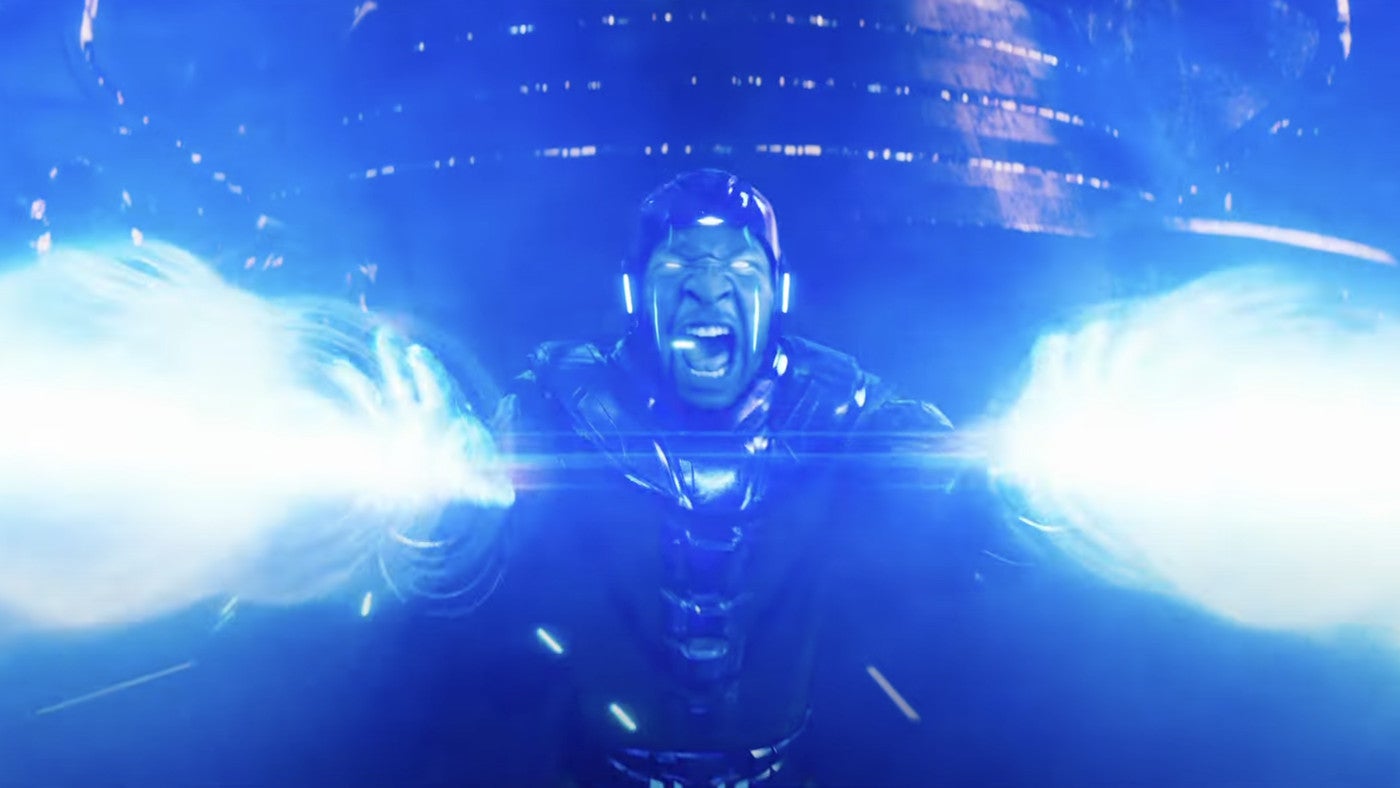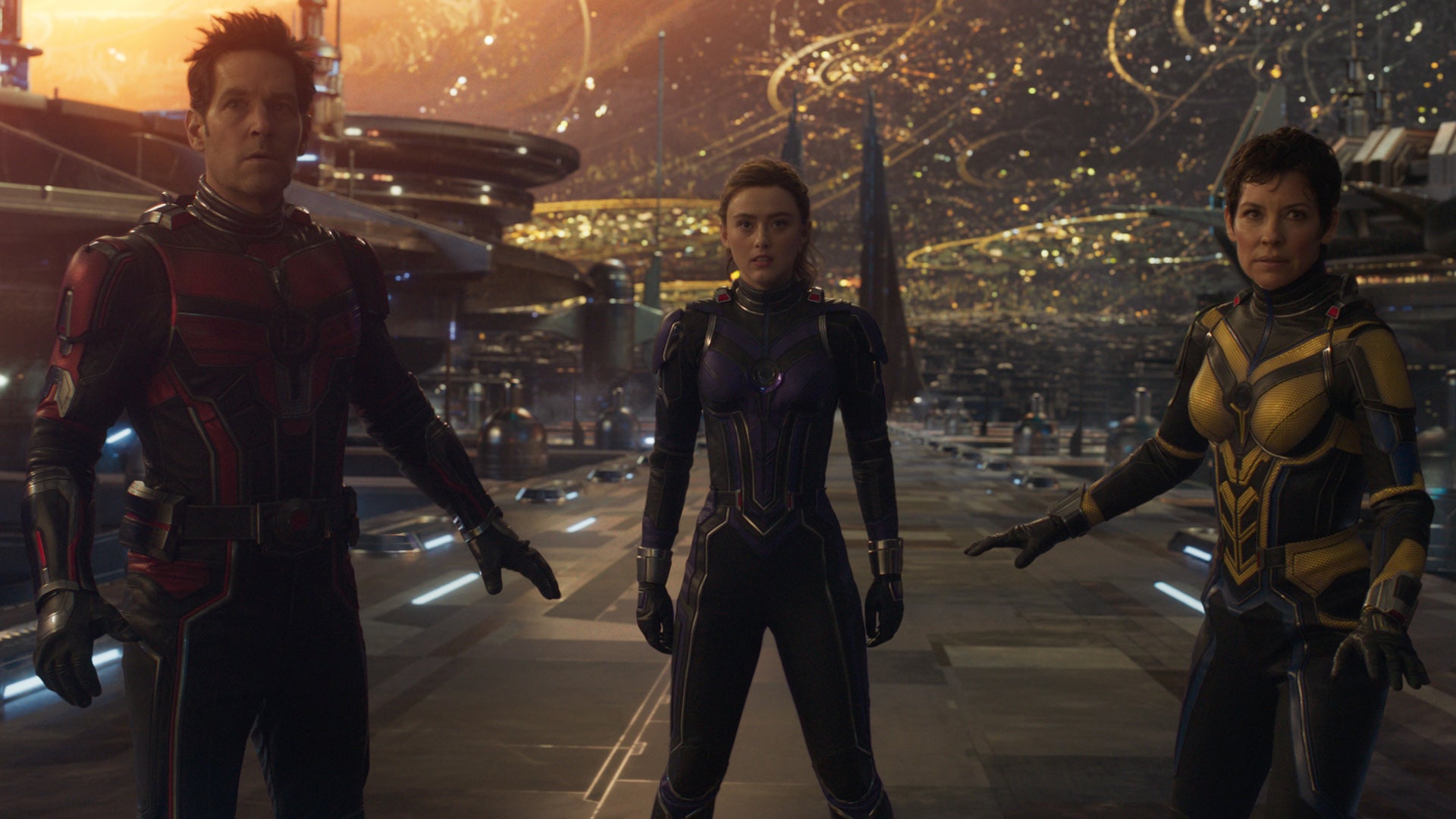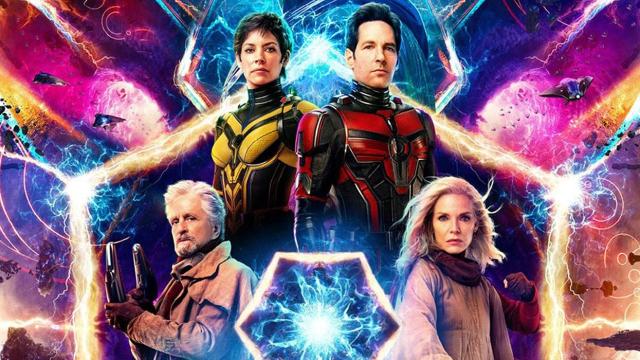The structure of superhero movie franchises sure has changed, hasn’t it? It’s easy to forget, but pre-2008, these tentpole blockbusters usually capped themselves at a trilogy of movies, whether they wanted to or not. Back then, a trilogy felt like a good number of films; not too little, not too much, and adequately enabling character arcs for both hero and supporting cast. Regardless of actual quality, a trilogy gives the sense of resolution that just doesn’t exist anymore in the age of franchise content.
But trilogies have been something of a tough nut to crack in the genre space for films, especially for Marvel. Even now in this age of cultural reexamination, there are still trilogy closers like Blade Trinity or X-Men: The Last Stand that folks won’t really go to bat for and say they’re better than remembered. Over the course of the Marvel Cinematic Universe’s 15-year history, the mega-franchise has managed to have four separate sub-series cut off at three films: Iron Man, Steve Rogers’ Captain America films, Spider-Man’s “Home” trinity, and Thor (depending on which film you want to pretend doesn’t exist). The newest extension to join that surprisingly slim roster is the recently released Ant-Man and the Wasp: Quantumania.
Quantumania also has the distinction of kicking off the MCU’s slate of 2023-2024 movies and shows (dubbed Phase Five), which means it has to pull double duty as the foundation for an eventual pair of Avengers team-up movies dated for 2025 and 2026. This threequel is more effective at the latter than the former, and even if it wasn’t, the film’s marketing has made it quite clear that Scott Lang and Hope van Dyne’s third adventure is less about them than it is the looming multiverse threat on the horizon. Whatever throughline that was meant to exist across the previous two Ant-Man movies and meet a vague sunset in Quantumania doesn’t really exist. Scott, Hope, and their blended family just happen to be the top-billed guest stars in what’s otherwise a highlight reel for Jonathan Majors’ emergent baddie Kang.

With those aforementioned trilogies, particularly the ones for Spider-Man and Iron Man, things felt conclusive in their respective third installments, despite the fact that we knew we would (or will, in Spidey’s case) see them again. Avengers: Age of Ultron put Tony Stark in a weird spot post-Iron Man 3 and Spider-Man: No Way Home felt more like it only existed to crib from earlier Spider-Man movies, but they at least ended with their characters feeling complete in some form. That finality for the lead characters or their personal journeys is nowhere to be seen for Thor or Captain America: the former becomes king of Asgard’s refugees for about 20 minutes before Thanos hits the button marked “cold open for Avengers: Infinity War,” and the guest-heavy Captain America: Civil War trades in a personal Steve journey for setting up character events in both Infinity War and Black Panther.
There’s never been a question of how long the MCU will keep going, and we’ve known for some time now that these things will just continuously feed into each other. If those larger connections aren’t first established during the film itself, usually in a way that kind of kills the film’s pacing, then it’ll be a quick aside towards the end. This has always been the case, but it really has begun to feel obnoxious with Phase Four, like the MCU thinks the audience lacks object permanence or the ability to pull up grainy footage of its Hall H presentation. It apparently isn’t enough to know that an endgame is in store; we have to see how Ms. Marvel is a preamble for The Marvels, that Black Panther: Wakanda Forever leads to Ironheart and that rumoured spinoff for Okoye, and so on.
At least twice in Quantumania, Scott thinks about how odd it is to go from being a struggling ex-con to a guy who helped save the universe and now has a bestselling memoir. But the movie doesn’t allow him to linger on the twists and turns of his life, not when there’s some quantum mania to be had and a Kang dynasty to begin. To its detriment, the film is more concerned with paving the way for multiversal madness than it is giving the Lang/Van Dyne family a threat or challenge that would bring their stories full circle in some way. Ultimately, the MCU has become engulfed by the mass of its own existence as a property. Despite getting the top-billed role, a hero may just end up playing second fiddle to the larger franchise machinations already conceived of in a story room meeting.

What gets lost amid the constant sequel bait is the feeling of growth and resolution that we’ve come to expect for these characters, particularly the veteran characters. In a lot of cases, Marvel either doesn’t allow that to really last, as we’ve seen with Wanda/Scarlet Witch and Natasha/Black Widow — or it quickly gets replaced by something that just raises even further questions to be answered later, like with Hulk’s son Skaar or Doctor Strange’s third eye. Things are so bad there can’t even be the illusion of an ending, lest fans break into a sweat about if they’ll see more of their fave in the next two or three years.
Phase Four caught flack for feeling unfocused, so it’ll take some time to see how Phase Five stacks up in comparison. What’s more clear, though, is that Marvel could stand to establish some actual endpoints for sub-franchises instead of making things feel like history’s longest battle pass. Or, failing that, it could at least quit pretending like its endings are endings when they’re just red lights on the road to the next part of the journey.
While you’re here, why not check out Gizmodo Australia’s guide to what’s streaming this month on Netflix, Prime Video, Disney+, Stan, Binge and more. We’ve also got one for all the good movies coming out in 2023 if that’s more your thing.
